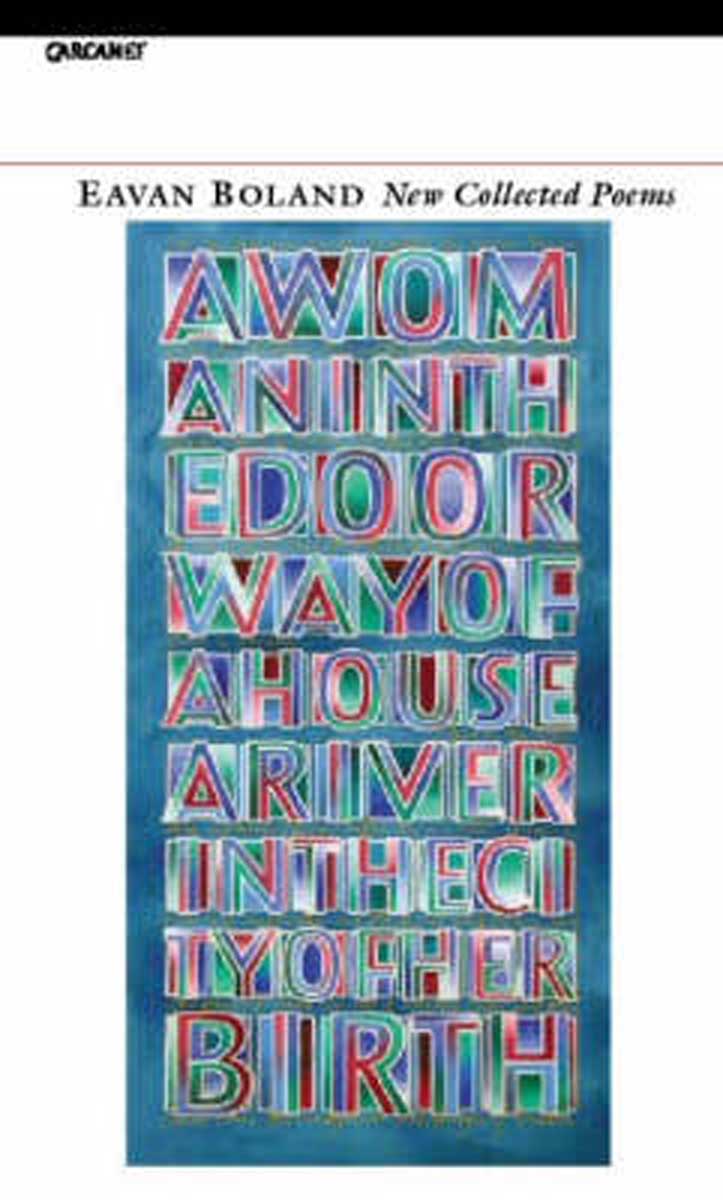New Collected Poems
Ten years ago Carcanet published Eavan Boland's first Collected Poems, a book which confirmed her place at the forefront of modern Irish poetry. "The New Collected Poems" brings the record of her achievement up to date, adding "The Lost Land" (1998) and "Code" (2001). It also fills out the early record, reproducing two key poems from "23 Poems" (1962), "New Territory (1967), "The War Horse" (1975) and her later books; it includes passages from her unpublished 1971 play "Femininity and Freedom". Following the chronology of publication, the reader experiences the exhilarating sense of development, now incremental, now momentous.
Her writing and example are vitally enabling for young writers and readers; she traces a measured process of emancipation from conventions and stereotypes, writing now in a space she has cleared not by violent rejection, but by dialogue, critical engagement and patient experimentation with form, theme and language.
Her writing and example are vitally enabling for young writers and readers; she traces a measured process of emancipation from conventions and stereotypes, writing now in a space she has cleared not by violent rejection, but by dialogue, critical engagement and patient experimentation with form, theme and language.
About the author
Born in Dublin in 1944, Eavan Boland studied in Ireland, London and New York. Her first book was published in 1967. She has taught at Trinity College, University College and Bowdoin College Dublin, and at the University of Iowa. She is currently Mabury Knapp Professor in the Humanities at Stanford University, California. A pioneering figure in Irish poetry, Boland's previous works include "The Journey and other poems" (1987), "Night Feed" (1994), "The Lost Land" (1998) and "Code" (2001). Her poems and essays have appeared in magazines such as The New Yorker, The Atlantic, Kenyon Review and American Poetry Review. She is a regular reviewer for the Irish Times. She divides her time between California and Dublin where she lives with her husband, the novelist Kevin Casey.
Reviews
"Eavan Boland lives in a different world, one from which she can see not only 'the Dublin mountains', but a looming poetic tradition and the wastes of European history... Her language has a tranquil control as well, for which it sacrifices nothing in grace or expressive power" – New York Times Book Review


